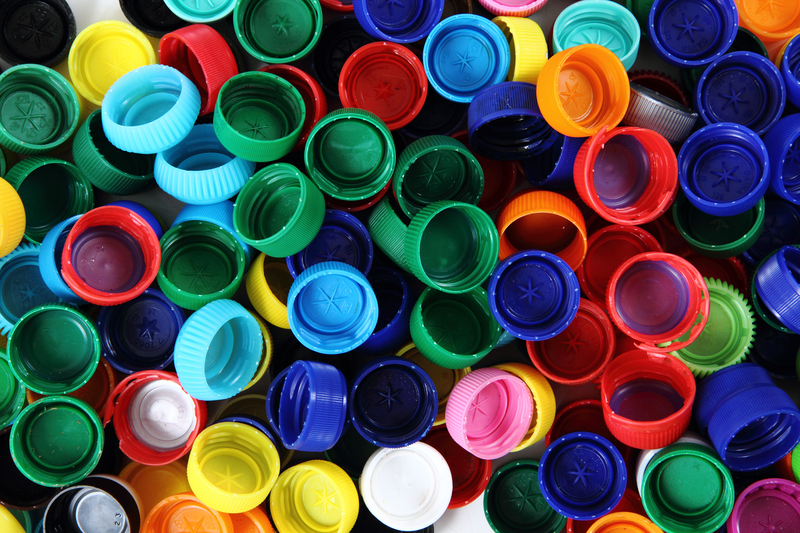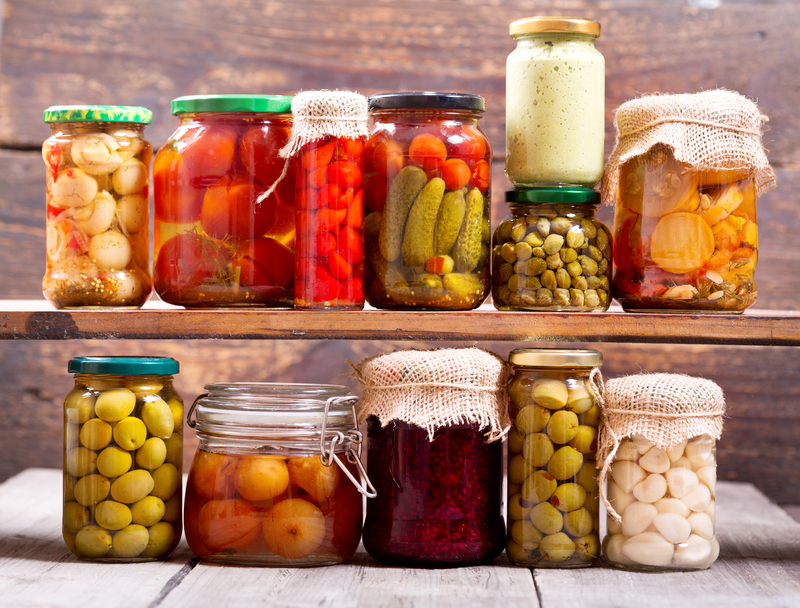Introduction to Waste Composting
Posted on 14/06/2025
Waste composting is a natural process that transforms organic waste into nutrient-rich soil amendment. It is a sustainable practice that not only reduces waste but also enhances soil health. This article delves into the basics of waste composting, its benefits, and practical tips for effective composting.
What is Waste Composting?
Waste composting is the decomposition of organic matter by microorganisms in the presence of oxygen. Materials like food scraps, garden waste, and paper products break down over time to form compost, which is rich in nutrients and can be used to enrich soil.

The Composting Process
The composting process involves four main phases:
- Mesophilic Phase: The initial stage where microorganisms start breaking down soluble, readily degradable compounds under moderate temperatures.
- Thermophilic Phase: As compost temperature rises, thermophilic bacteria take over, breaking down complex organic materials more rapidly.
- Cooling Phase: The temperature gradually decreases as the activity of thermophilic bacteria wanes, allowing mesophilic bacteria to reappear and further decompose remaining materials.
- Maturation Phase: The compost stabilizes and cures, making it safe and beneficial for plant use.
Benefits of Composting
Composting offers numerous benefits:
- Reduces landfill waste, minimizing methane emissions.
- Improves soil structure, enhancing its water-holding capacity and aeration.
- Provides essential nutrients for plants, reducing the need for chemical fertilizers.
- Encourages the production of beneficial bacteria and fungi that break down organic materials.
How to Start Composting
Starting a compost bin is simple and rewarding. Here are some steps to get you started:
- Select a Container: Choose a compost bin or construct a simple pile in your backyard.
- Add Materials: Include a balanced mix of green (nitrogen-rich) and brown (carbon-rich) materials.
- Maintain Balance: Keep the compost moist but not soggy, and turn the pile regularly to provide oxygen.
- Monitor the Pile: Check for any signs of issues such as foul odor, which can indicate a lack of oxygen or too much moisture.
- Harvest Compost: In a few months, your compost will be ready. It should be dark, crumbly, and smell earthy.
Tips for Effective Composting
- Avoid adding meat, dairy, or oily foods as they can attract pests.
- Chop larger items into smaller pieces to speed up decomposition.
- Manage the compost pile by turning it every few weeks for better aeration.
- Keep a balanced mix of greens and browns to ensure proper nutrient balance.
- Monitor temperature and moisture levels to maintain optimal conditions.
Pros and Cons of Composting
Pros
- Reduces landfill waste and methane emissions.
- Creates nutrient-rich compost that enhances soil quality.
- Reduces the need for chemical fertilizers and pesticides.
- Encourages sustainable waste management practices.
- Supports biodiversity by creating a healthy soil environment.
Cons
- Requires space, making it less feasible for those with limited outdoor areas.
- Can attract pests if not managed properly.
- Needs regular monitoring and maintenance.
- Initial setup and ongoing maintenance time commitment.
- May have odors if not balanced correctly.

Takeaways
Composting is an environmentally friendly way to dispose of organic waste while improving soil health. By understanding the process and implementing proper techniques, anyone can create a productive compost system at home.
Conclusion
Waste composting is a valuable practice for sustainable living. It reduces landfill waste, provides essential soil nutrients, and supports a healthier environment. By following simple steps and maintaining the compost pile, you can turn everyday organic waste into a resourceful soil amendment.
Embrace composting to contribute to a greener planet and a more sustainable future.
Latest Posts
How to Separate Trash Efficiently
Ways to Reduce Your Environmental Impact






